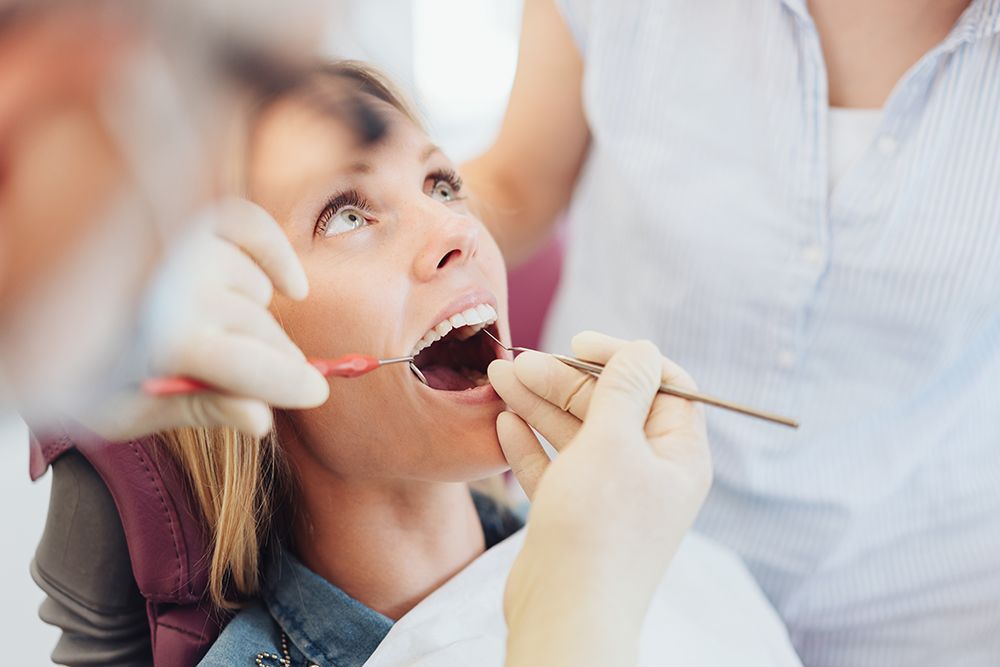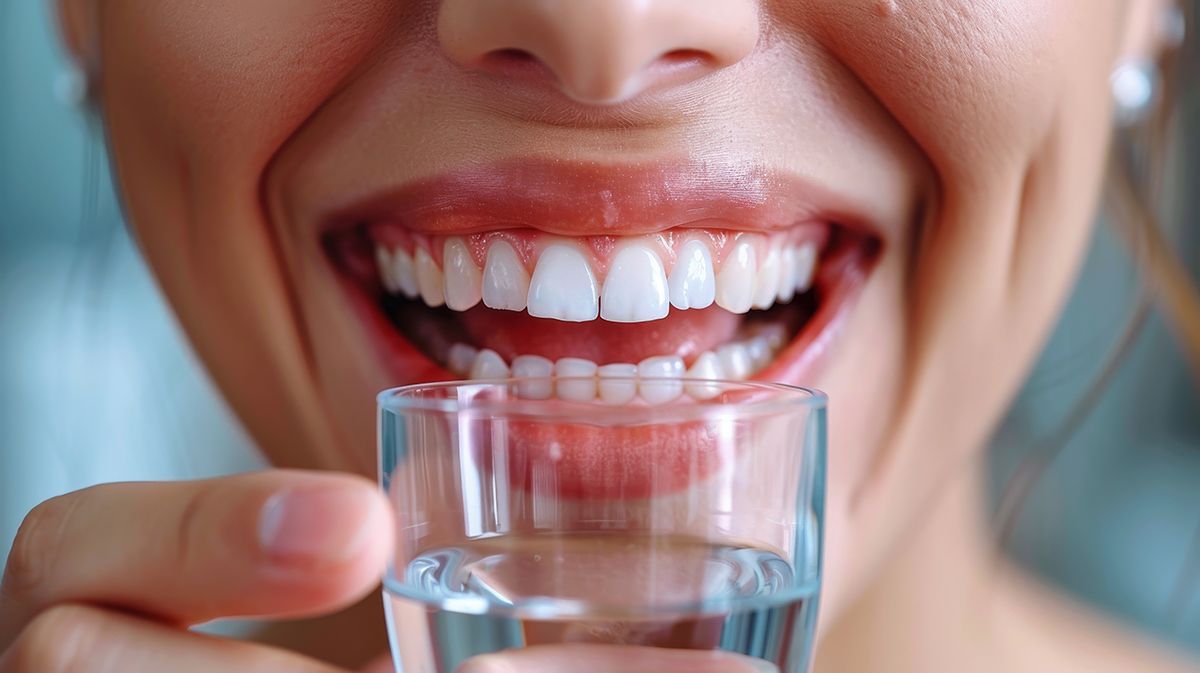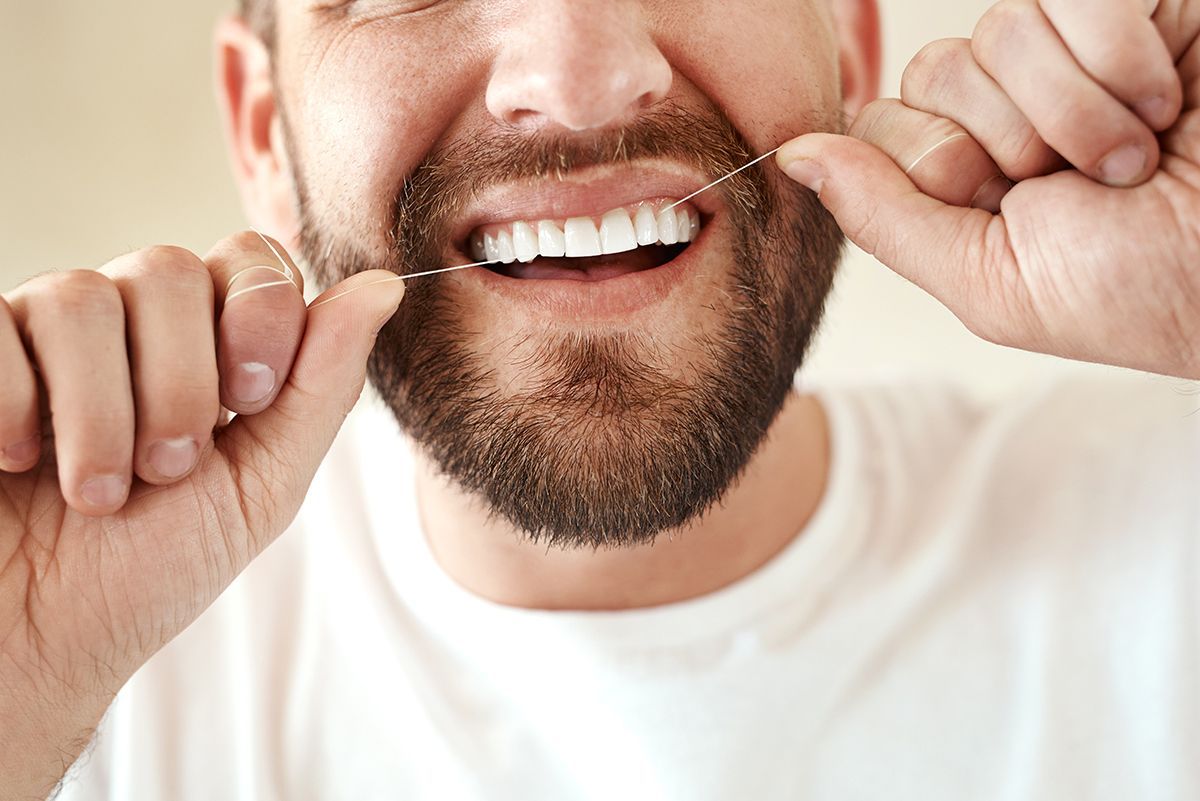Veneers: The Risks of Untrusted Dentists
As a dentist with years of experience, at Oadby Dental Clinic we’ve seen the transformative power of dental veneers firsthand. Porcelain Veneers can dramatically enhance your smile, boosting your confidence and overall appearance. However, the growing popularity of veneers has unfortunately led to a rise in unscrupulous practitioners eager to cash in on this trend. Choosing the right dentist is critical when considering veneers. Opting for an untrusted or inexperienced dentist can lead to disastrous results, including long-term damage to your teeth and overall oral health.
We’re here to outline the danger signs to watch out for when evaluating a dentist for veneers. Being informed can help you make the best decision for your smile and avoid potential disasters.
1. Lack of Proper Credentials
One of the first things you should check when considering veneers is the dentist’s credentials. A legitimate and qualified dentist should have proper accreditation from reputable dental associations. Look for certifications from the
British Dental Association (BDA), this is the main professional association for dentists in the UK. It represents dentists' interests, provides support, and works on improving dental care standards. These certifications indicate that the dentist has undergone the necessary training and adheres to the high standards required in the profession.
Danger Sign: If a dentist is evasive about their credentials or lacks them altogether, this is a major red flag. Unqualified individuals might be offering veneer services without the proper training, leading to subpar results and potential harm.
2. Overly Aggressive Marketing Tactics
It’s common to see advertisements for veneers on social media, search engines, and even in your inbox. While marketing is a normal part of any business, overly aggressive tactics should raise suspicion. Dentists who are constantly pushing promotions, offering deep discounts, or promising quick fixes may not have your best interests at heart. Quality dental work, including veneers, is not something that can or should be rushed or done cheaply.
Danger Sign: Be wary of any dentist who seems more focused on making a sale than on ensuring the best outcome for your teeth. Veneers are a significant investment in your oral health and appearance, and a good dentist will prioritise quality over quick profits.
3. Pressure to Commit Without Thorough Consultation
A reputable dentist will always conduct a thorough consultation before recommending veneers. This includes a detailed examination of your teeth, gums, and overall oral health, as well as discussing your aesthetic goals. The dentist should take the time to explain the procedure, potential risks, and what you can realistically expect from the treatment.
Danger Sign: If a dentist is pressuring you to commit to veneers without a thorough consultation, this is a serious red flag. Rushing into the procedure without proper evaluation can lead to inappropriate treatment, causing irreversible damage to your natural teeth.
4. Lack of Before-and-After Photos
Any competent dentist offering cosmetic procedures like
veneers should have a portfolio of before-and-after photos of previous patients. This not only demonstrates their experience but also gives you an idea of the quality of their work. Reviewing these photos can help you assess whether their style aligns with your desired outcome.
Danger Sign: If a dentist cannot or will not show you examples of their work, this is a major cause for concern. They may lack experience, or worse, they could be hiding unsatisfactory results. Always ask to see a range of cases, particularly ones similar to yours, to gauge their capability.
5. Unrealistic Promises
Veneers can create stunning results, but they are not a miracle solution for every dental issue. A trustworthy dentist will provide realistic expectations about what veneers can achieve based on your individual case. They should also discuss potential limitations and alternative treatments if veneers are not the best option for you.
Danger Sign: Be cautious of any dentist who makes over the top promises, such as guaranteeing a "one-size-fits-all" solution. Every patient is different, and veneers may not be suitable for everyone. A dentist who glosses over the complexities of the procedure is likely more interested in making a sale than in delivering the best possible care.
6. Poor Quality Materials
The quality of the materials used for your veneers is crucial to both the aesthetic outcome and the longevity of the treatment. High-quality porcelain veneers, for example, can last 10-15 years or more with proper care. However, some unscrupulous dentists may use cheaper materials to cut costs, which can result in veneers that chip, crack, or discolour over time.
Danger Sign: If a dentist is offering veneers at a price that seems too good to be true, it probably is. Cheap veneers often mean low-quality materials, which can lead to problems down the line. Always inquire about the type of materials being used and do some research to ensure they are reputable.
7. Lack of Transparency About the Procedure
A reliable dentist will be open and transparent about every aspect of the veneer procedure, from the initial consultation to the aftercare process. They should explain each step in detail, including how your teeth will be prepared, what the placement process involves, and what kind of follow-up care will be necessary.
Danger Sign: If a dentist is vague or unwilling to discuss the specifics of the procedure, this is a clear red flag. A lack of transparency could indicate that the dentist is either inexperienced or not fully invested in patient care. You have a right to know exactly what will happen during your treatment and what to expect afterward.
8. Ignoring the Health of Your Natural Teeth
Veneers should only be placed on healthy teeth and gums. Before recommending veneers, a good dentist will evaluate your oral health to ensure that you are a suitable candidate for the procedure. This might involve treating any underlying issues, such as cavities or
gum disease, before proceeding with veneers.
Danger Sign: Be wary of any dentist who is willing to apply veneers without first addressing existing oral health issues. Covering up problems with veneers without treating them can lead to further complications, such as tooth decay or gum disease, which could ultimately jeopardise the success of the veneers and your overall oral health.

9. No Follow-Up Care Plan
Veneers require proper care and maintenance to ensure their longevity. A reputable dentist will provide you with detailed aftercare instructions and schedule follow-up appointments to monitor the condition of your veneers and overall oral health. They should also be available to address any concerns or issues that may arise after the procedure.
Danger Sign: If a dentist fails to discuss follow-up care or seems disinterested in your long-term oral health, this is a warning sign. The relationship between a dentist and patient should not end once the veneers are placed. Ongoing care is essential to maintain the results and address any potential issues early on.
10. Lack of Patient Reviews or Testimonials
Patient reviews and testimonials are invaluable resources when choosing a dentist. A reputable dentist should have a wealth of positive feedback from satisfied patients. These reviews can provide insight into the quality of care, the results you can expect, and the overall patient experience.
Danger Sign: If a dentist has few or no patient reviews, or if their reviews are overwhelmingly negative, this is a significant red flag. Be sure to read through reviews on multiple platforms to get a well-rounded view of other patients’ experiences.
11. Unprofessional Behaviour or Demeanor
Your comfort and confidence in your dentist are paramount when undergoing any dental procedure, especially something as significant as veneers. A trustworthy dentist should be professional, approachable, and willing to answer all your questions. They should make you feel at ease and fully informed throughout the process.
Danger Sign: If a dentist displays unprofessional behaviour, such as being dismissive of your concerns, rushing appointments, or not maintaining a clean and organised practice, this should be taken as a warning. Your dental health is too important to entrust to someone who doesn’t take their profession seriously.
12. Failure to Provide a Treatment Plan
Before any dental procedure, especially something as involved as veneers, your dentist should provide a detailed treatment plan. This plan should outline the steps involved in the procedure, the materials to be used, the expected timeline, and the costs associated. A treatment plan helps ensure that you are fully informed and prepared for what’s ahead.
Danger Sign: If a dentist does not provide a clear treatment plan or if they are unwilling to put details in writing, this is a significant red flag. A lack of a treatment plan can lead to misunderstandings, unexpected costs, and unsatisfactory results. Always insist on a written plan before moving forward with veneers.
Veneers can be a fantastic investment in your smile, but only if done correctly by a qualified and trustworthy dentist. The dangers of choosing an untrusted dentist are real and can lead to not only aesthetic disappointments but also long-term damage to your teeth and overall oral health.
By being vigilant and looking out for the warning signs outlined above, you can protect yourself from potential disasters and ensure that your journey to a brighter, more beautiful smile is a successful one.
Remember, your oral health is invaluable, and when it comes to veneers, quality and trust should always come first. Take your time, do your research, and choose a dentist who prioritises your health and satisfaction above all else.



